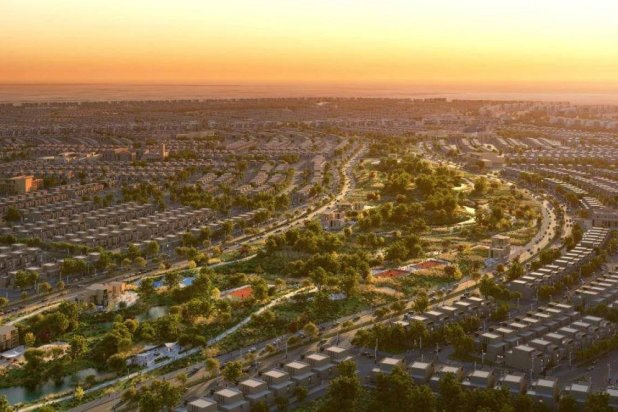
Saudi Arabia’s property prices rose by 0.6% in the first quarter of this year, mainly due to a 1.2% increase in residential property prices. Government programs are helping keep the market stable, and experts predict higher demand for homes soon.
The “Sakani” program, run by the Ministry of Municipal and Rural Affairs and Housing, assisted 32,000 Saudi families in the first quarter, a 15% increase from last year.
Residential property prices went up by 1.2% annually, driven by a similar increase in land prices. Apartments saw an 0.8% increase, but residential buildings, villas, and houses experienced slight decreases.
Commercial property prices dropped by 0.5%, influenced by lower land and exhibition prices. However, prices for commercial buildings remained steady.
Experts note that residential property prices are resilient, thanks to government initiatives. They expect interest rate cuts this year, which could boost the real estate market.
Ahmed Al-Faqih, a real estate engineer and analyst, emphasized that reports from government entities and research companies have consistently shown that the increase in interest rates over the past two years has coincided with rising property prices and transaction values.
“This is driven by several government incentives, including the momentum of major real estate projects injected into Riyadh, which accounts for more than 35% of the real estate market transactions, as well as in Jeddah,” Al-Faqih told Asharq Al-Awsat.
He noted that real estate transaction indicators have been on the rise since the fourth quarter of last year, indicating expectations of interest rate cuts multiple times during the current year, which would mean further activity in the real estate market.
According to Al-Faqih, the residential sector has not been significantly affected price-wise and has remained generally resilient, attributed to the supply and demand equation leaning towards increased demand and limited supply.
He mentioned that demand is driven by population growth, migration to major cities, and the possibility of property ownership for holders of distinguished residency.
The Housing Ministry aims to increase home ownership to 70% by 2030 by offering subsidized land and support programs. The market also relies on commercial, industrial, and investment properties.
Regulations like the “Real Estate Contributions” program aim to enhance transparency and protect stakeholders’ rights. These efforts are expected to stimulate investments and drive growth in the real estate market.

